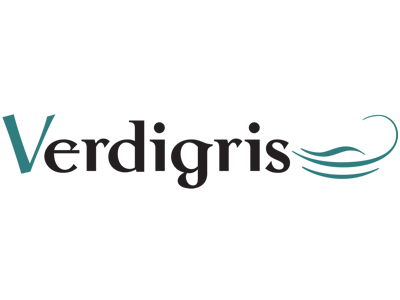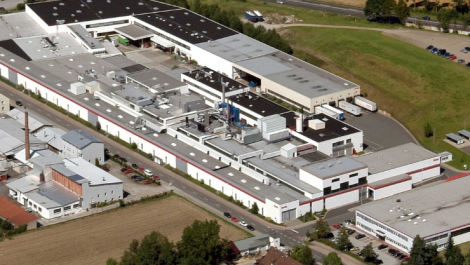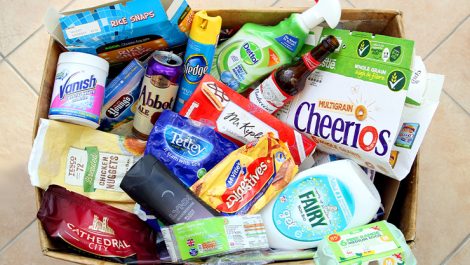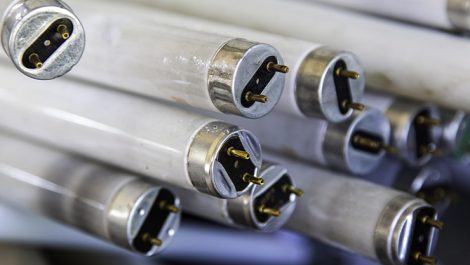These days interest in sustainability and reducing environmental impact appears to be high. At least it is amongst consumers and governments, but although lots of people talk the talk, the number of companies in the graphics industry actually doing anything real is pretty dismal. Even amongst big name manufacturers, there are few bespoke projects designed to help printers and publishers build more sustainable businesses. Industry associations such as Fogra in Europe, or Idealliance in the US, or even the BPIF in the UK are making trivial efforts to support their members with environmental initiatives. They do lip service but that’s about all. There is the Sustainable Green Printing alliance in the US, but that work is ambitious, not cheap and beyond the reach of many smaller companies.
Manufacturers and suppliers are doing a better job, particularly publicly traded companies with an eye to their shareholders’ concerns. Fujifilm, HP and Ricoh for instance have corporate wide sustainability policies, although only Ricoh has a specific plan for the graphics sector with its Carbon Balanced Printing initiative. We are starting to see more commitments to improve environmental impact, however, and the latest is Kyocera’s Green Curtains programme. It’s quite creative: growing plants on the outer surfaces of external walls and windows.
Kyocera has found that the strategy helps keep buildings cooler, reducing the need for air conditioning in offices and manufacturing plants. Blocking out sunlight in this way has apparently seen internal temperatures come down by a couple of degrees Celsius. According to the company’s data collected from 27 corporate sites, a square metre of green curtain can “neutralise” 3.4kg of carbon dioxide per year. Kyocera’s 2900sqm of Green Curtains absorb 10,000kg of carbon dioxide every year. The scheme has been running since 2007 and to date the company reckons to have absorbed over 100,000kg.
This amount is equivalent to the emissions of about 1430 cars every year. Kyocera is taking it further by planting fruit and vegetables that can be used in company cafeterias or given to employees. Kyocera is also providing seedlings for employees, so that they can plant their own Green Curtains at home.
The idea of roof gardens isn’t particularly new, but planting to essentially drape a building with greenery takes it one step further. It’s an easy way to cut emissions when the sun is burning bright and strong, and an even easier way to signal environmental commitment. It’s probably also a good step to take for pollinating insects, such as bees. The cost of setting up and maintaining such a planting scheme is probably covered with the energy savings in hot climates, but where the weather is less clement that may not be the case. Nonetheless Kyocera should be commended for this initiative and for its commitment to actually making a difference instead of simply talking about it.
– Laurel Brunner
This article was produced by the Verdigris Project, an industry initiative intended to raise awareness of print’s positive environmental impact. This weekly commentary helps printing companies keep up to date with environmental standards, and how environmentally friendly business management can help improve their bottom lines. Verdigris is supported by the following companies: Agfa Graphics, EFI, Fespa, Fujifilm, HP, Kodak, Ricoh, Spindrift, Splash PR, Unity Publishing and Xeikon.





